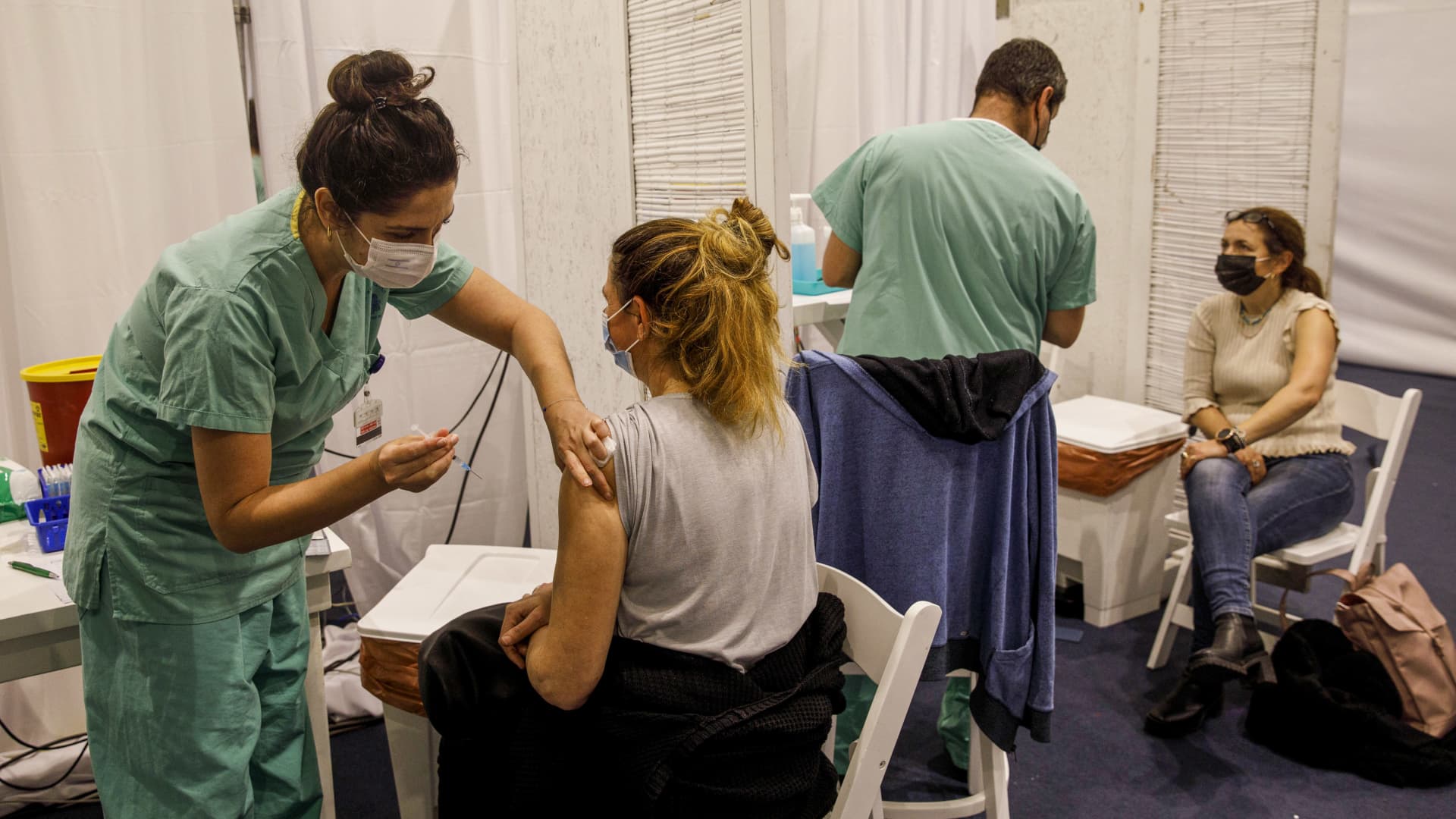Many real life studies have pointed towards an effectiveness of 39% or lower for Pfizer.

Israel says Pfizer Covid vaccine is just 39% effective as delta spreads, but still prevents severe illness
Pfizer and BioNTech's Covid-19 vaccine is just 39% effective against delta in Israel, but still provides strong protection against severe illness and hospitalization.www.cnbc.com
Iirc according to the OMS, vaccine under 50% for transmission is not considered effective to break chains of infection.
The wave would have happened regardless and it might happen again during the winter. But ultimately the point is not about infections, is about hospital admissions. So we won't have that issue during the winter if people are sufficiently vaxxed.
As more studies are released, the older Israel figures begin to look more anomalous. Whether that's methods or different circumstances, I haven't the foggiest. A characterization of other studies as landing between 55-80% here from Australian Broadcasting Corp. with a click through to a review article. A mention of two-thirds reduction in infection from a CDC study on CNN here which is a bit older but also cites a study of health care workers with 19/488 (unvax) vs 24/2352 (vax) positive tests which is closer to 3/4 infection reduction.
I'd also be interested to see an expert claiming that 50% is a kind of digital "exponential spread/no spread" trigger. At first glance, that seems oddly reductive since any immunity has an outsize impact on the spread parameter (there are both fewer people getting infected and fewer to infect) and because it neglects things like duration and viral load that, even in the case of breakthrough infection, still make the vaccinated less effective spreaders. Lots of things impact the ave number of people that a new infection infects, which is the central figure for determining spread.
I'm no one's idea of a biomed expert, but as a numerical modeler, I can't see how we could have had anything resembling this wave if the eligible had been vaccinated by say, May. It doesn't seem possible to credibly argue that the willfully unvaccinated don't bear the responsibility for this wave in fact (ie numerically) and in a moral, social sense.


